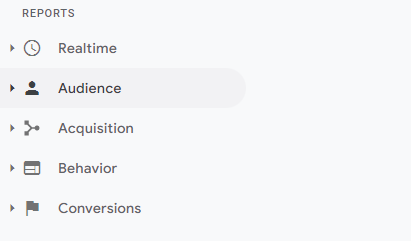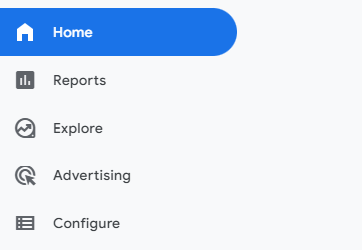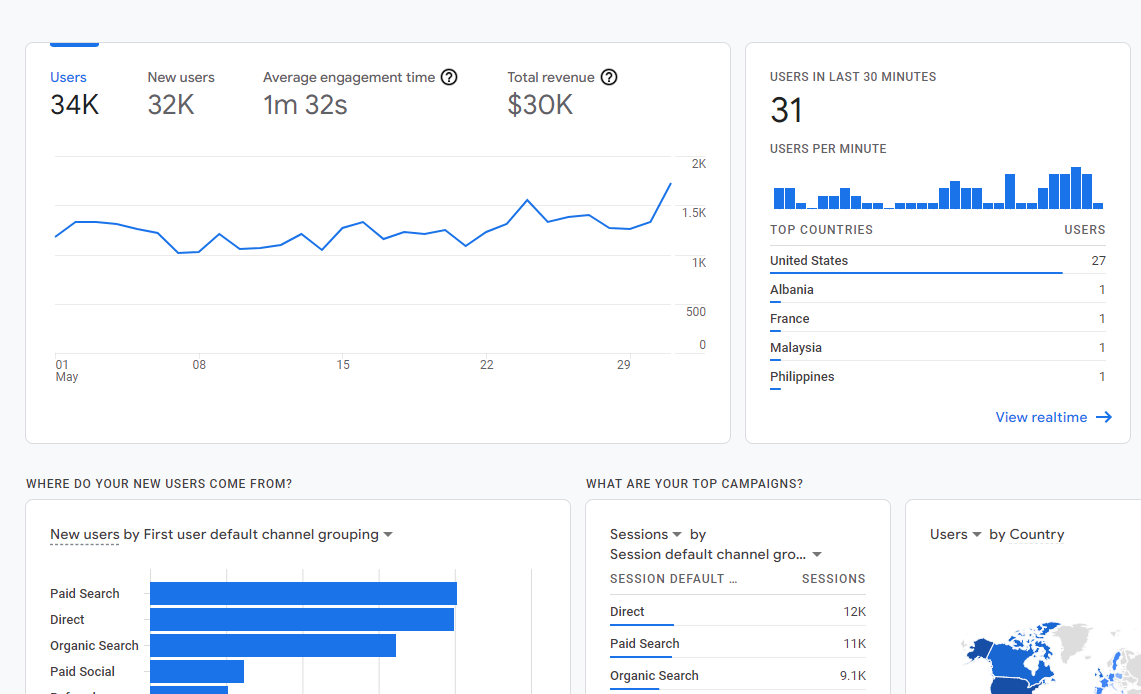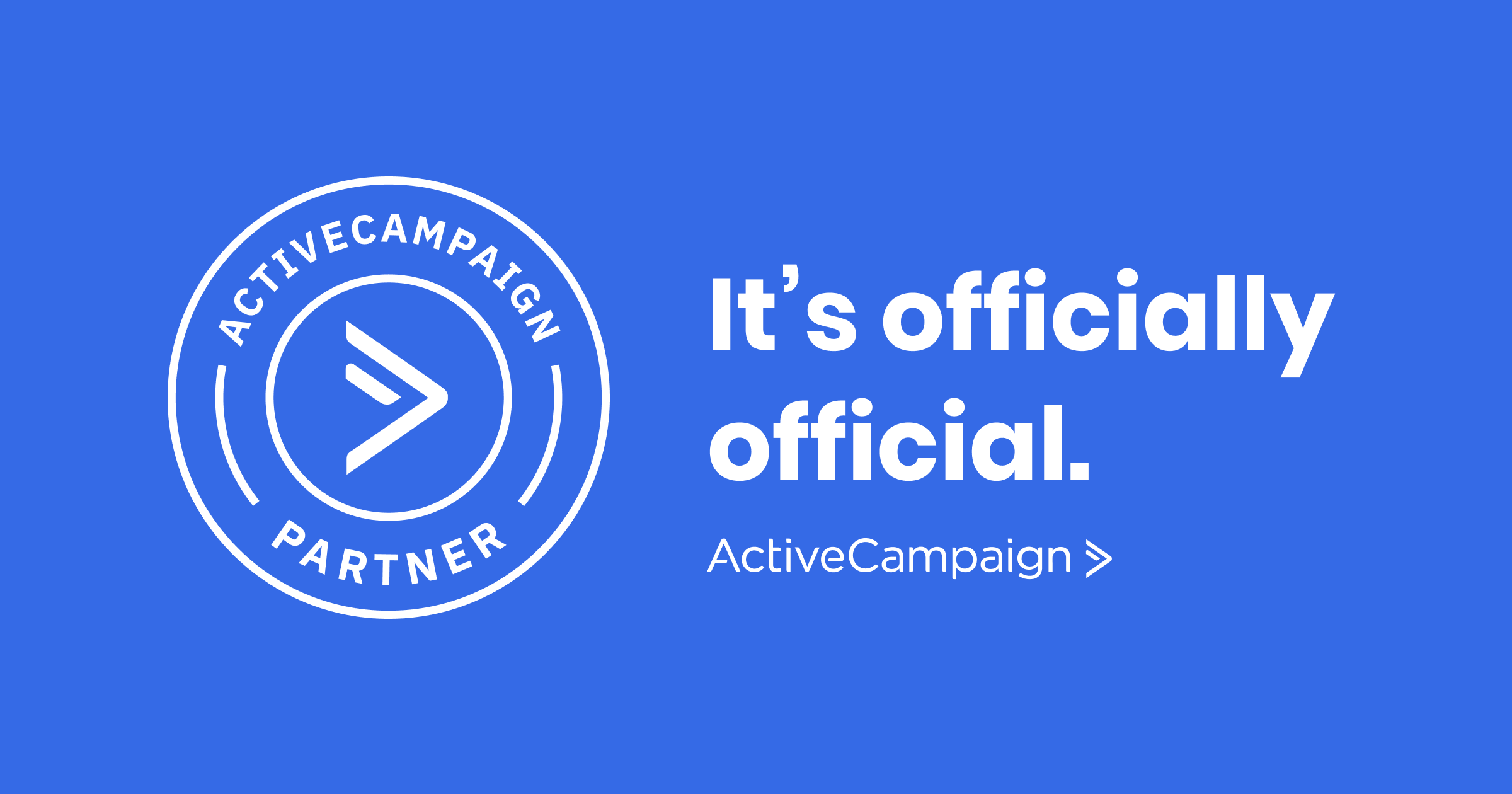Posted July 19th 2022
Total Views 0
Star Power 0
Comments 0
Google Has Announced that it is Sunsetting Universal Analytics on July 1, 2023
Universal Analytics was the previous version of Google Analytics released in 2012 and upgraded in 2017. While it is still in wide use today as the most popular analytics platform, it will no longer process new hits on July 1, 2023.
In its place is the latest iteration called GA4.
Who is Impacted?
If your analytics properties were created prior to October 14, 2020, you are most likely using Universal Analytics and will probably need to upgrade. If your analytics properties were created afterward, then you may not need to take any action.
Often, the installation date of these properties coincides with a new website launch.
One easy way to find out is to log into your Google Analytics view and look at the left-hand side menu. If you see Home, Customization, Realtime, Audience, Acquisition, Behavior and Conversions, then this is a Universal Analytics property.

If instead, you see Home, Reports, Explore, Advertising and Configure, then you are viewing a GA4 property.

Why the Update?
Over the last couple of years, there have been efforts by governmental organizations and technology companies to increase the privacy of internet users, often tracked through third-party cookies installed on websites. You may have heard about GDPR (Europe) or CCPA (California) and other legislation that has passed which require website owners in their jurisdictions to limit the data that is being collected on websites without a user’s consent.
In addition, tech companies, such as Apple, have started to implement advanced cookie blocking features on their browsers and “opt-in” notifications for users to accept or reject tracking on apps. Popular browser extensions and apps for blocking ads have also become more popular. This means that analytics platforms may struggle to collect data on visitors. Facebook has certainly seen limitations over the last few years in its ability to collect user data and has even stopped offering Facebook Analytics.
Google is jumping on the bandwagon of increasing user privacy and will soon follow suit of Apple on their browsers and signal the end of browser cookies. This means that new technology will be used to track user behavior but in a privacy-safe manner.
What is Changing?
The methods of tracking between Universal Analytics and GA4 are fundamentally different. In order to maintain privacy, GA4 uses machine learning and artificial intelligence to track users without specifically identifying who they are. The technology is called Federated Learning of Cohorts.
Also, the metrics that you will see will also change. This means that some of the familiar metrics such as bounce rate will disappear. In its place are new metrics such as engagement rate and average engagement time.
Probably the most radical change you will see is the interface of GA4. It will take some time to get used to it and there have been a lot of complaints about it. Fortunately, there are new tools such as customizable reports that will actually give you new abilities that were not previously offered.

GA4 is still a work in progress. Many features are not yet available, but the majority of the core components are.
One of the more promising features is predictive analytics which will calculate the likelihood of a user converting which is a powerful tool for Google Ads to take advantage of with its targeting capabilities. A lot of these features are mainly aimed toward eCommerce, but it is likely that they will eventually be applied towards non-eCommerce conversions such as lead generation.
Lastly, one of the more significant updates is the data-driven attribution capabilities of GA4. In other words, it promises to do a better job of pointing out which marketing channel led to a conversion on the website. For example, in Universal Analytics, if a user visited a website on their phone via a Facebook ad but did not convert, but the next day, converted on their desktop computer via a Google Search ad, the Google Search ad would have gotten all the credit for that conversion.
Instead, GA4 will track users across devices better and give partial credit to every touchpoint. So, that Facebook ad would get some of the conversion credit.
Why Upgrade?
The truth is, you don’t really have a choice. When we reach July 1, 2023, Universal Analytics will no longer process data. At some point thereafter, the property will become inaccessible along with your important data.
It is a good idea to transition to GA4 as soon as possible and run it alongside Universal Analytics until the sunset date. During this time, you can compare the metrics between these platforms and get used to the interface as well as set up your website for tracking conversions in GA4.
You will also enjoy smarter insights that you cannot get from Universal Analytics. This means that you will have a better understanding of how people are behaving on your website and which marketing efforts resulted in a positive outcome such as a lead form fill.
How to Upgrade
Upgrading to GA4 requires that you have the correct permissions level in your Google Analytics account. Administrator or Editor access is required. Without this, you will not be able to create a new GA4 property.
To upgrade, you will see GA4 Setup Assistant in your Admin menu which you can access via the gear icon in the lower left-hand corner of your main Analytics dashboard. If you only see Setup Assistant, without the GA4, you may have already been upgraded.

The best option is to install via Google Tag Manager which can help consolidate tracking tags into one platform and give you advanced tracking capabilities that you cannot get by simply placing the code on your website.
If you do not have Google Tag Manager, you can still install the tag using a plugin for inserting code into the header, or for the more advanced, you can place the code in your theme files.
